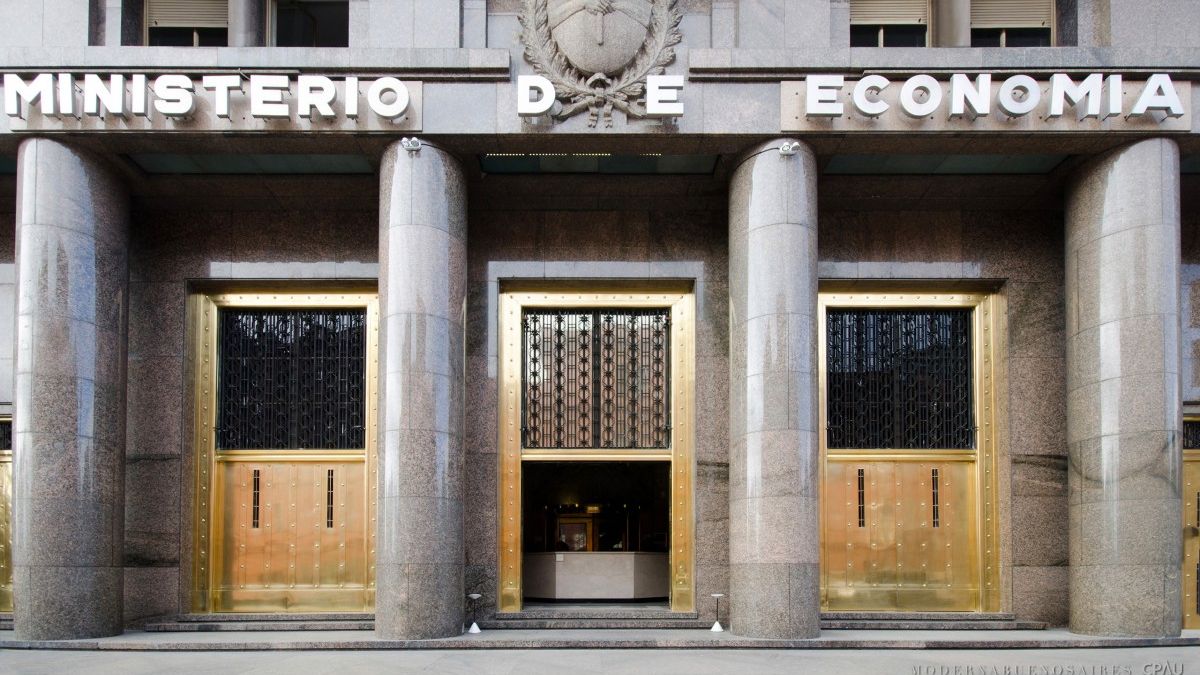“After a bad result in the last elections (around 30% national) and after a first semester with some moderation in the fiscal area (0.5% accumulated to June) a battery of measures was established that, according to our own estimates, it would be equivalent to a fiscal expansion of 0.3% of GDP ”, equivalent to $ 126,260 million, calculates ACM.
Which shows that the Minister of Economy, Martín Guzmán in the first semester of the year, it managed to have a rigorous management of public spending. Private economists argued before the current spending expansion that the year would have ended with a deficit close to 3%.
The work also points out a bias in decisions. In this regard, it points out that, although the measures cover a wide spectrum of the low-income population and assistance to companies in situations of tax stress, A focus centered on the youngest age range could be observed as a clear response to negative polls and surveys in that stratum of the population.
Although new measures are not ruled out before the elections, the consulting firm estimates that the net increase in the primary deficit would be only 0.2% of GDP because a large part of the measures would be about sub-executions, use of funds already stipulated within the Socio-Urban Integration Fund and non-executable debts.
Regarding the financing of the fiscal package, ACM estimates that is fully covered with a higher monetary issue – $ 94,135 million extra- due to the complexities around obtaining high levels of roll over and the characteristic of being a regime of fiscal dominance and with financing restrictions. In this context, the Treasury would consume all of the undistributed profits of the Central Bank and 95% of the margin in Transitory Advances.
LILIANA.jpg
Inflation
The effectiveness of the government’s stimulus package is being eroded by rising inflation. A price survey by different consulting firms shows an average increase 2.9% in September, with a minimum of 2.5% and a maximum of 3.3%, In other words, an acceleration is generally expected with respect to the 2.5% increase in August.
AND advances for this month show sustained inflation again. The price survey carried out by the Eco Go consultancy for the first week of this month, projects October inflation at 2.8% due to pressure from regulated prices (prepaid, college and cigarette carry-over) that add to the upturn in core inflation (includes food).
The consulting firm that directs Marina Dal Poggetto recorded a 1.3% variation in prices compared to the previous week. This implies a acceleration of 0.7 percentage points. At the same time, it is the highest weekly variation since the second week of July (+ 2.0%).
A particularly worrying piece of information is the behavior of food prices. Considering a projection of weekly variation of 0.7% for the remaining four weeks of the month, food inflation in October would reach 3.5%, above the September level (3.0%), interrupting the slowdown in the chapter in recent months.
LILIANA2.jpg

For his part, the economist Camilo Tiscornia notes “a very strong rise in the last week of September” in prices. The measurements of his consultant, C&T show an acceleration in drinks, tourism (for the long weekend) and remedies, although, he clarifies, “comparisons by weeks are misleading because there is seasonality; there are usually more rises in the last week of the month”.
David William is a talented author who has made a name for himself in the world of writing. He is a professional author who writes on a wide range of topics, from general interest to opinion news. David is currently working as a writer at 24 hours worlds where he brings his unique perspective and in-depth research to his articles, making them both informative and engaging.




